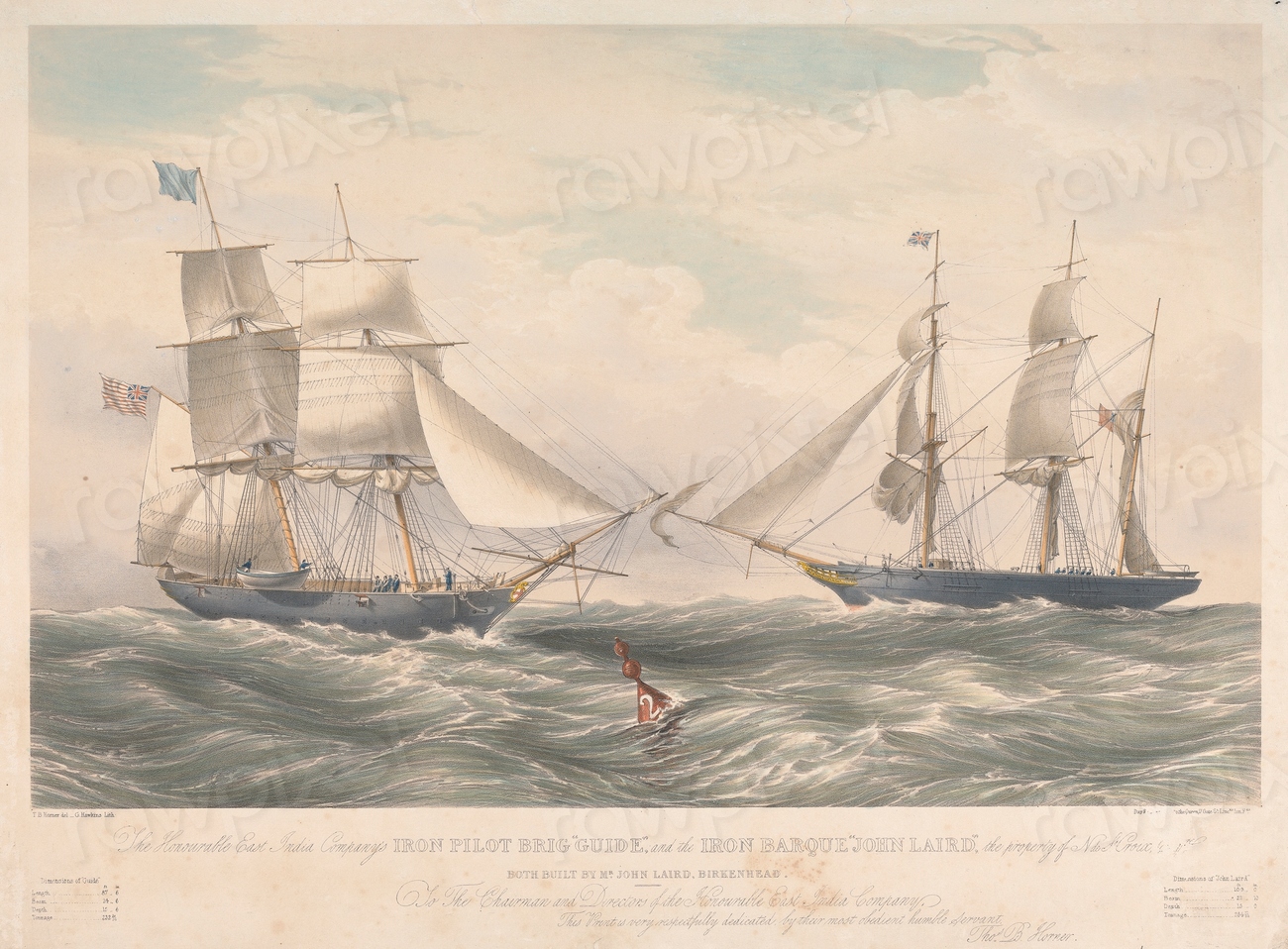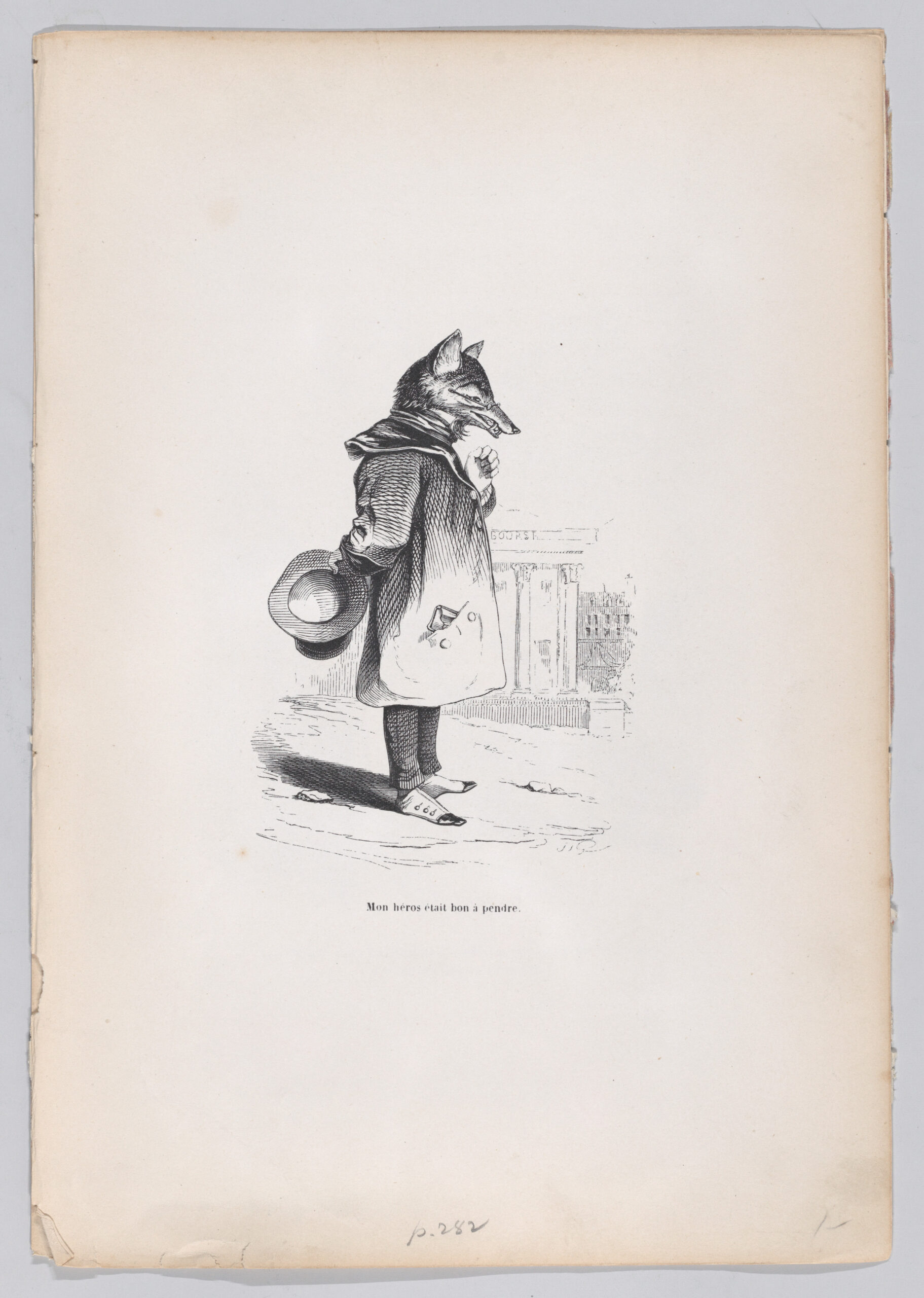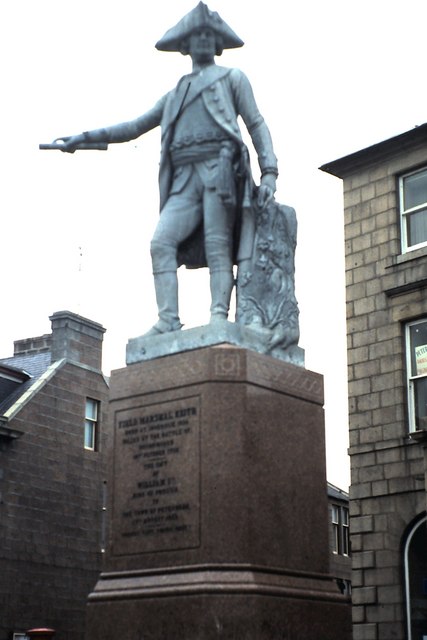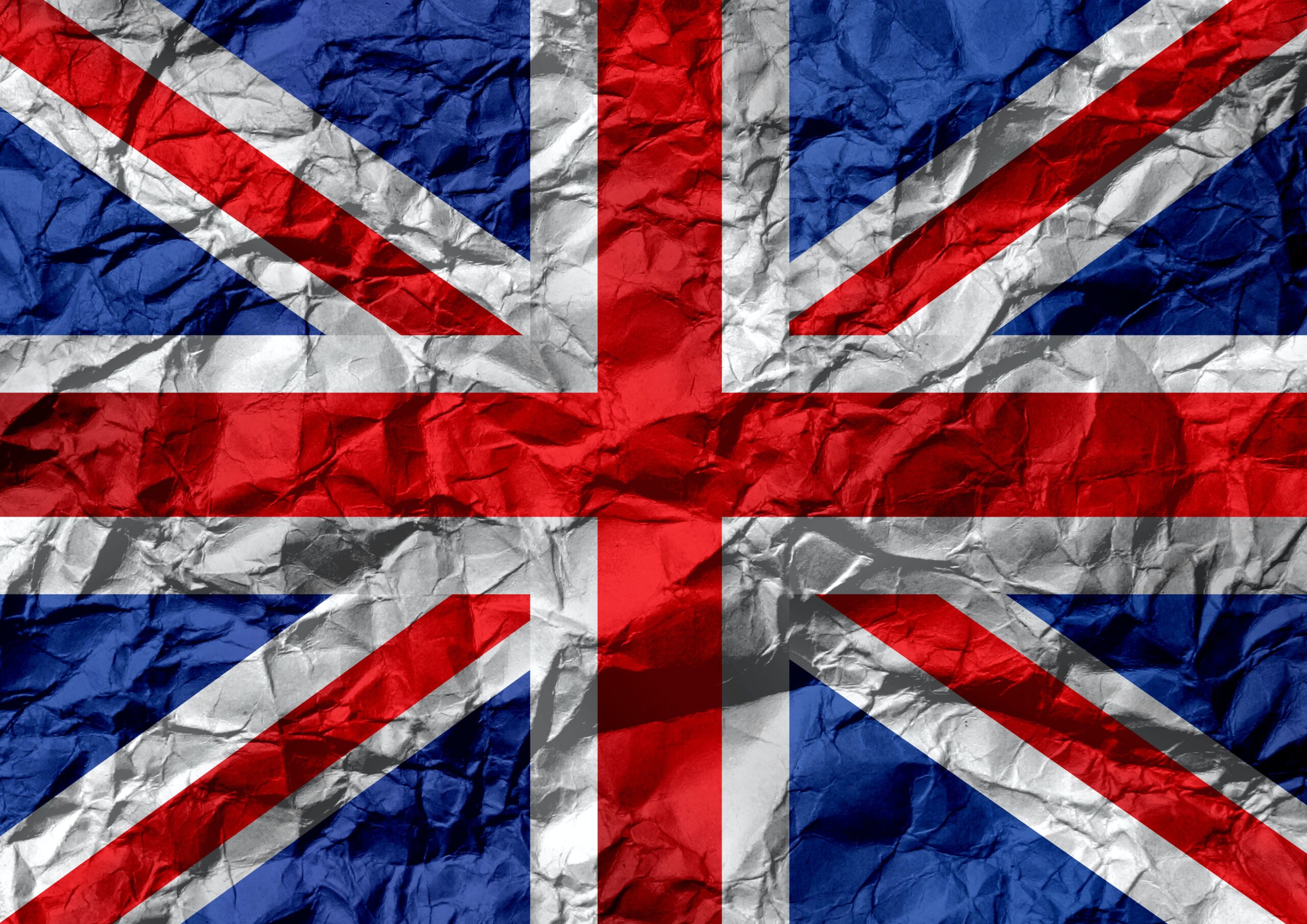The British East India Company was one of the first corporations to exist in history. It has a founding place in how we should examine the role of corporations. These multi-national private entities operating for profit under the benevolent watch of their state continue to cast long shadows today. In the case of the East India Company their influence over the British monarchy, George III, during his reign was one of the determining causes of the American Revolution in 1765. In addition, it was this corporation that spurred the colonial takeover and exploitation of the Indian subcontinent. Corporations have much more narrow profit driven intentions than states.
“The EIC was the means by which Britain conducted its imperialistic policies in Asia, and it made millions through its global trade in spices, tea, textiles, and opium. It was criticised for its monopolies, harsh trading terms, corruption, and the damage it did to the wool trade. Finally but by no means least, the EIC swept away rulers that stood in its path, relentlessly siphoned off resources, and repressed the cultural practices of the peoples living within its vast territories. In short, the EIC was the “sharp end of the British imperial stick” (Faught, 6). The EIC’s directors and its shareholders gained immense riches. India, in contrast, became ever-poorer. Much more than a trading company, the EIC ultimately became a state within a state, even an empire within an empire, and one accountable to no one except its shareholders.”

Corporate Slaver In The Transatlantic African Slave Market
The East India Company was a slaver. It used slave labour and trafficked in slaves for profit. Not the biggest player in the transatlantic slave market it transported African slaves to its holdings in India and Indonesia. The Royal African Company was the major slaver corporation operating at that time. It is important to remember just how crucial this global trade was to Britain in the 17C and 18C. Foundational wealth necessary for the forthcoming industrial revolution was established via profits from slavery.
“There are several implications – first is evidence of the British East Indian Company participation in trading slaves. Second, records from St Helena, an island in South Carolina is proof the company transported slaves to the Americas.”

The Armed Forces Of The British East India Company
The British East India Company had its own army, controlling some 200, 000 soldiers or mercenaries. This number was double that of the actual British army at that time. The East India Company via its military force subdued the Indian principalities and states it had begun trading with. It applied ruinous taxation upon the residents of these territories and carried out what can only be described as sanctioned looting. India had been the dominant textile exporter globally up until this time and the East India Company pillaged and exploited economically this to their extreme advantage. This would eventually result in the 1857 Indian Uprising, where Indian soldiers in the British army mutinied against their British officers. The push for Indian independence would grow out of the disgraceful treatment of Indians by the corporation and the British colonial state. Talk about taxation without representation!

Taxation Without Representation
The American Revolution was driven by concerns like taxation of the colonies without parliamentary representation. The East India Company was behind many of the British state moves to raise more money by taxing the American colonists. The Stamp Act, the Townshend Acts, and the Tea Act all sought to raise more money from the colonists and were greatly unappreciated by the Americans.
“22 March 1765 the British Parliament passed the Stamp Act, which sought to raise money to pay for this army through a tax on all legal and official papers and publications circulating in the colonies.”

Corporate greed can be said to be at the heart of Britain’s treatment of India and the American colonies. Short sighted, profit driven policies which in the end cost Britain hugely in terms of losing its colonies, which would prove to become immensely wealthy over the following centuries. World power would shift from Britain to America on the back of these resource rich lands.
“there were still accusations that EIC officials were enriching themselves at the expense of the interests of the British state – even Clive came under suspicion. The EIC officials who retired to England and an extravagant retirement with their riches were known disparagingly as ‘Nabobs’, a corruption of the Mughal title for a high-ranking official, nawab.”
- (Mark Cartwright, Sept 2022)

It is the age old battle between private wealth and public good. Corporations are predominantly on the side of the former, with their principals stashing away as much private loot as possible. Tories and conservative governments more generally are invariably peopled with those closely tied to corporations. Slashing the public service and privatising it are practices still widely pursued today. The neoliberal economic thinking and their largely discredited ‘trickledown effect’ BS has been hugely popular over the last several decades. This is why we now have the greatest economic divide between the small group of the super wealthy and the rapidly expanding working poor. The rise of mega corporations with oligopoly powers in highly concentrated markets has seen price setting and corporate price gouging during recent high inflationary periods around the globe. The rentier economies are all about endless fees, fines, and charges being applied to every aspect of living in the ‘user pays’ environment so favoured by these multinational corporations. The British East India Company would be totally at home in this modern corporate world. Indeed, large corporate armies are on their way back as we observed in Iraq and Afghanistan quite recently.
Robert Sudha Hamilton is the author of Money Matters: Navigating Credit, Debt, and Financial Freedom.
©HouseTherapy


